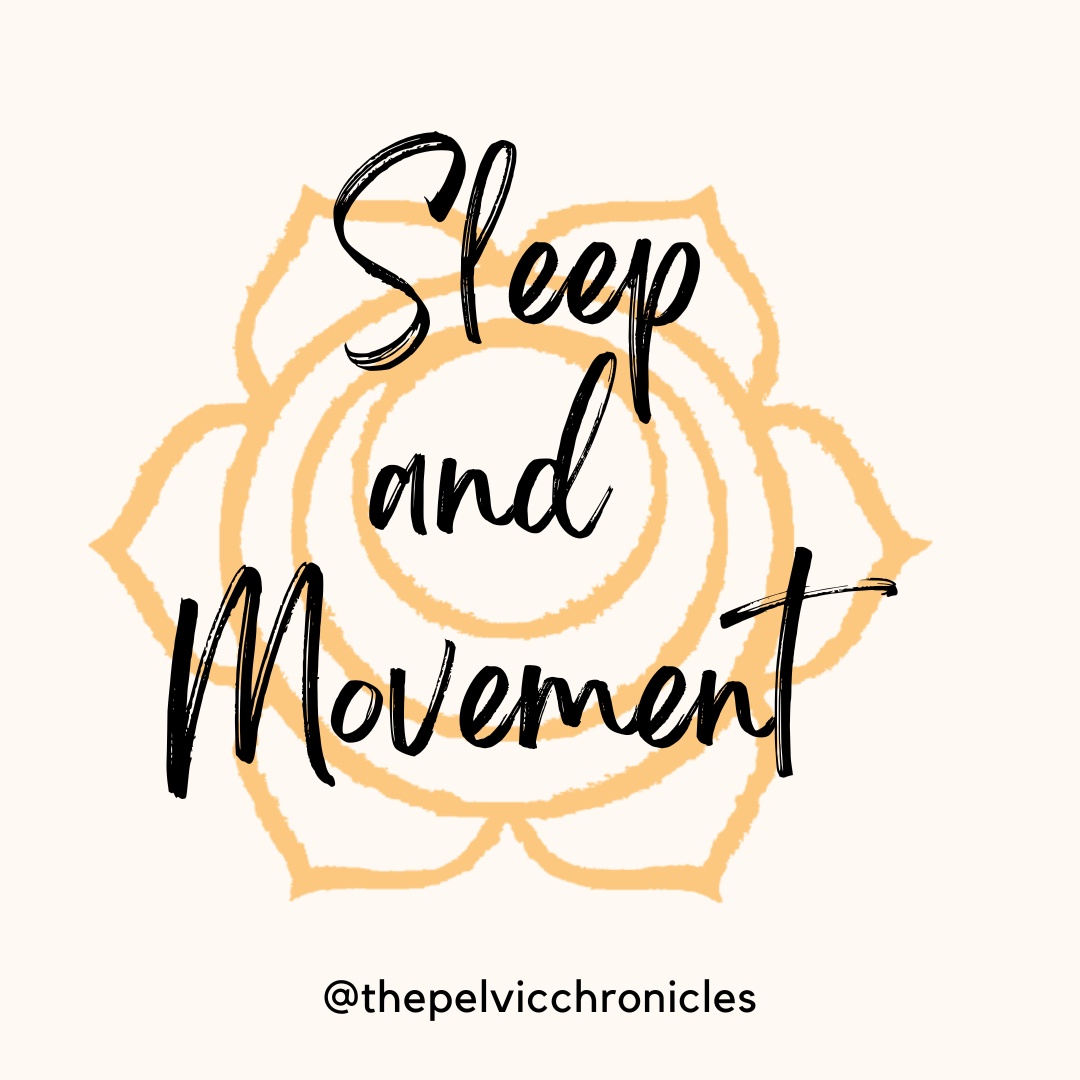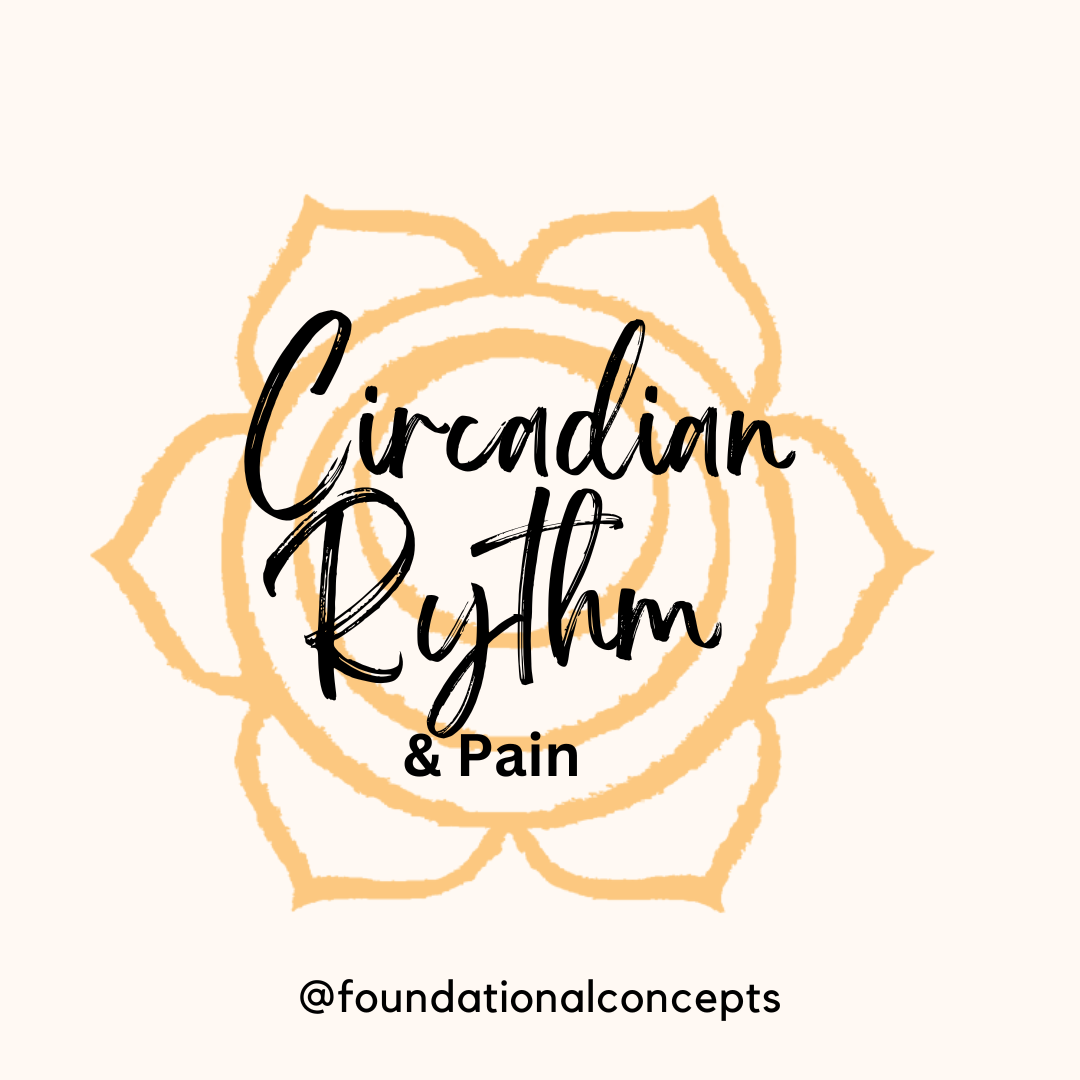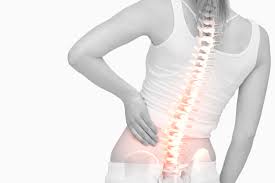
Getting your zzz’s and how it effects your ability to move.
Raise your hand if you get enough sleep? No one?
We all have heard the importance of getting enough sleep and how it helps restore our bodies. But few Americans get enough sleep overall.
Interestingly, not getting enough sleep doesn’t just make us sleepy and feel a little sluggish. The lack of sleep affects how our brain and body communicate. Recently, a new study was released demonstrating how lack of sleep changes the way and speed that our body is able to react to our environment. The lack of sleep decreases the activity in the prefrontal cortex, thalamus, basal ganglia, and cerebellum. All of these areas of the brain are associated with learning, motor control, maintaining attention, making real-time adjustments with movements, and sensory processing—important with moving our bodies in effective and accurate control of movement.
Lack of sleep; for the purpose of this blog, is divided up into 2 types. Acute sleep deprivation is the loss of one night’s sleep. This group compensated for any loss of sleep on free days to make up for their sleep deficit. Chronic sleep deprivation is the loss of sleep without compensating for the loss of sleep on free days. These divisions are important because the physical symptoms that we see depend on the type of sleep deprivation.
This study looked that the ability of people with varied levels of sleep deprivation to walk in time to a beat. The researchers measured how accurate the walkers’ feet were to hit the ground with the beat and if they missed any steps completely with the beat. Depending on if the walker was acutely or chronically sleep deprived.
People who are acutely sleep deprived showed a decreased ability to anticipate changes in gait speed meaning they were not able to predict changes. The more stimuli that are in the environment, the worse the acutely sleep deprived walkers did in predicting what would happen next. Changes require attention and perception to the environment which decrease with lack of sleep.
People who were chronically sleep deprived had slowed movements and had more footfalls that were late. These people had a harder time adjusting the environment while walking. Their ability to accurately walk with the beat was significantly limited.
The people who were able to catch up on their sleep did the best in the study. They were better able to predict changes in gait speed and were much more accurate with footfall speed. This shows that the ability to make up for lost sleep does help to improve movement patterns.
When we talk to patients about their sleep habits, this is a big reason why. If we are either acutely sleep deprived—looking at you new moms!—we have a hard time completing tasks and being able to predict what will be asked of our bodies with a new task. If we are chronically sleep deprived, our movements become less accurate and slower. Either way, sleep is such an important part of helping our bodies become stronger and resilient.
A large part of our job as physical theraists is to look at the whole body and integrate all of the lifestyle factors that are complicating your recovery or progress and make recommendations for improving those.
Some very simle sleep tips:
- have a bedtime routine and turn off screens one hour before you get into bed.
- use a bedtime meditation
- exercise regularly
- keep your home temperature cool, below 69d. at night
- keep pets out of your bed
- have the same bedtime consistently, and the same wake time
Cheers to catching some zzz’s!


